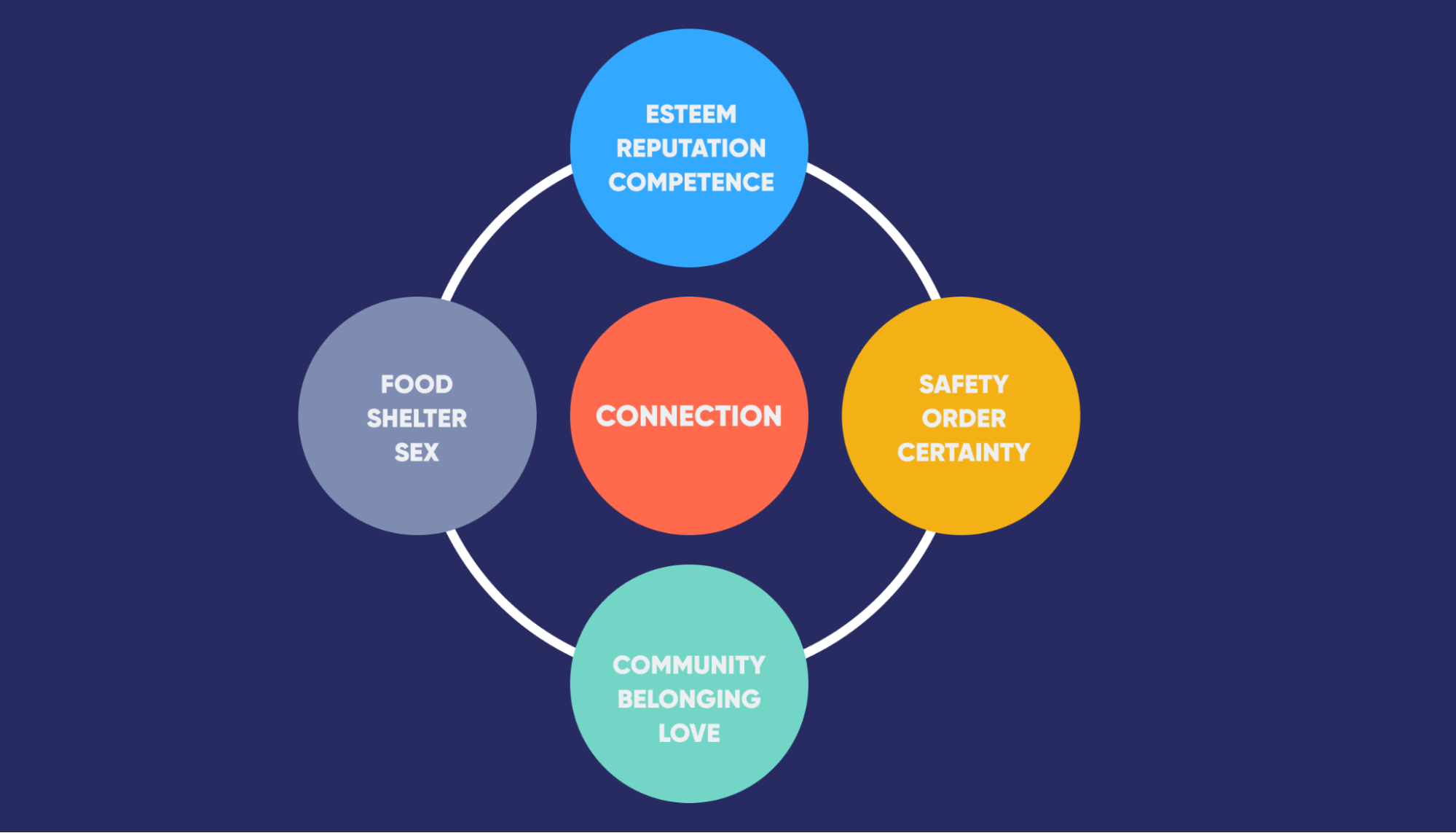Self-compassion is the practice of treating yourself with the same kindness, care, and understanding that you would offer to a good friend. It involves being mindful of your own feelings and shortcomings without judgment or self-criticism. Cultivating self-compassion can lead to greater emotional well-being, resilience, and a more positive outlook on life. Here are four ways to boost your self-compassion:

1. Practice Mindfulness
Mindfulness is the practice of being fully present and aware of your thoughts, feelings, and sensations in the present moment without judgment. It allows you to observe your thoughts and emotions without getting caught up in them or reacting impulsively.
How to practice mindfulness for self-compassion:
- Mindful Meditation: Set aside a few minutes each day to sit quietly and focus on your breath. When your mind wanders, gently bring your attention back to the present moment without criticizing yourself.
- Body Scan: Take a few minutes to scan your body from head to toe, noticing any tension, discomfort, or sensations without trying to change them. Offer yourself kindness and understanding as you become aware of your body’s needs.
2. Treat Yourself with Kindness
Treating yourself with kindness is a fundamental aspect of self-compassion. It involves being gentle and understanding with yourself, especially when facing challenges or setbacks.
How to treat yourself with kindness:
- Positive Self-Talk: Replace negative self-talk with positive and encouraging statements. Instead of saying, “I can’t do this,” try saying, “I am capable and I will do my best.”
- Self-Care: Prioritize activities that nourish your mind, body, and soul. This can include getting enough sleep, eating nutritious food, exercising regularly, and engaging in hobbies and activities that bring you joy and relaxation.
3. Practice Self-Compassionate Reflection
Self-compassionate reflection involves acknowledging your imperfections, mistakes, and shortcomings with understanding and compassion rather than harsh self-judgment.
How to practice self-compassionate reflection:
- Journaling: Write down your thoughts, feelings, and experiences without judgment. When reflecting on challenges or mistakes, ask yourself what you would say to a friend in a similar situation and offer yourself the same compassion and understanding.
- Self-Compassion Exercises: Engage in exercises designed to cultivate self-compassion, such as self-compassion meditations, guided visualizations, or self-compassion letters where you write a letter to yourself from a compassionate and understanding perspective.
4. Foster a Growth Mindset
A growth mindset is the belief that abilities and intelligence can be developed through dedication, effort, and learning. Embracing a growth mindset can help you view challenges and setbacks as opportunities for growth and learning rather than failures.
How to foster a growth mindset for self-compassion:
- Embrace Challenges: Instead of avoiding challenges or giving up easily, embrace them as opportunities to learn and grow. Celebrate your efforts and progress, regardless of the outcome.
- Learn from Mistakes: Instead of dwelling on your mistakes or viewing them as failures, see them as valuable learning experiences. Reflect on what you can learn from the situation and how you can improve in the future.
By incorporating these practices into your daily life, you can cultivate greater self-compassion and develop a more compassionate and understanding relationship with yourself. Remember, self-compassion is not about ignoring your flaws or avoiding responsibility, but rather about treating yourself with the same kindness and understanding that you would offer to others.




Great post
Hello
Thanks
Ko Click
မင်္ဂလာပါ
Thanks for sharing
Thanks
Thanks admin
Thanks for knowledge.
Ok
🤗🤗🤗
Hello